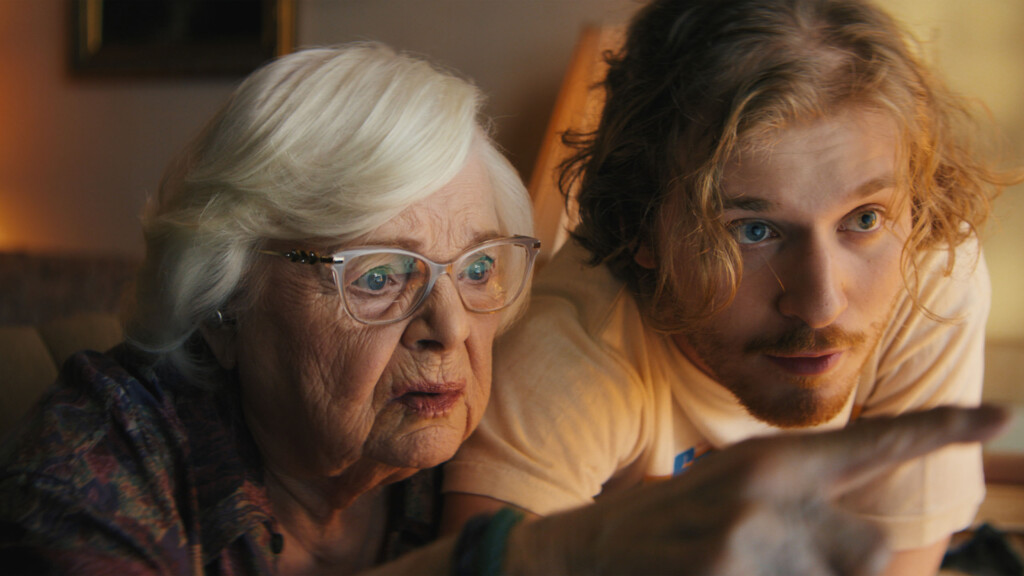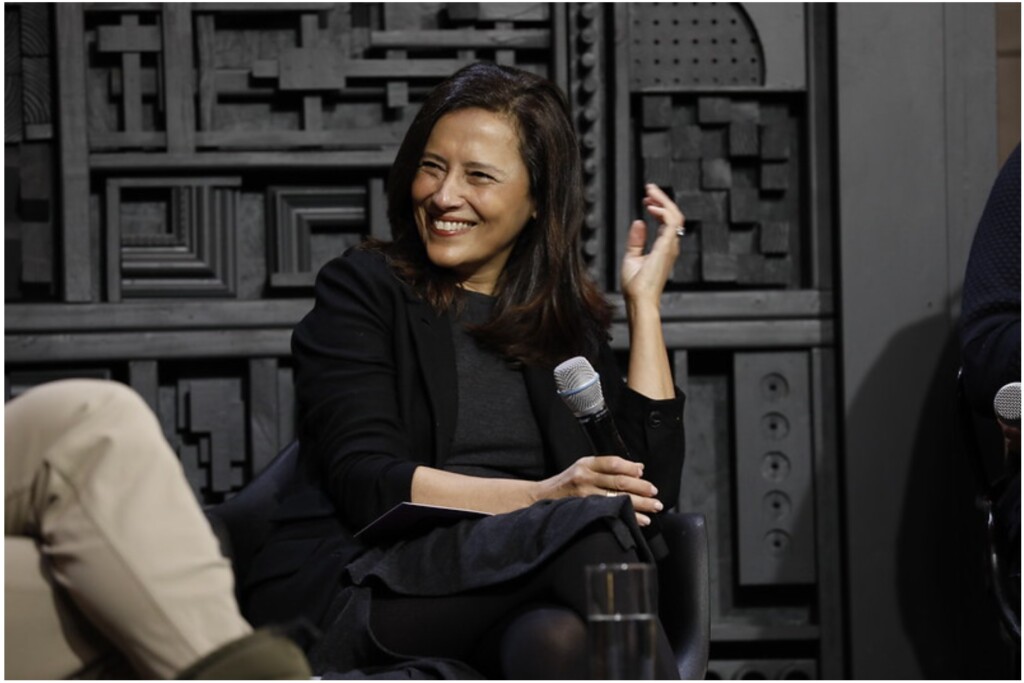How To Have Sex follows three young British women on their holiday of drinking, hooking up, and partying. One of them, Tara, played by Mia McKenna-Bruce, gets into some sticky situations along the way, causing her to grapple with issues of consent, trauma, and confusion.
Utah Stories had the pleasure of speaking with the director and writer of the film, Molly Manning Walker.
I saw that this film was written based on personal experience, and it resonated with me. How does it feel to resonate with so many young people?
“Yeah, it’s been really special,” Walker said. “It’s both incredibly disturbing that so many are affected by the same topic and also quite empowering that you feel like you’re part of an army in some cases. And that everyone kind of feels as passionate about it as you. It’s been complicated because as much as you want to open up the conversation and get people talking about it, it’s also not the easiest topic to talk about. It’s been a navigated ride.”
The part of the film that impressed me most was Tara’s shift from after the beach incident. It was exactly how “beach incidents” affect people in real life. In the writing and directing, did you intentionally plan for that shift in Tara?
“Yeah totally. It was interesting to see how people kind of understood what the beach scene was, and for me it was always talking about the complication of assault and situations where even though someone said yes, they don’t want it to happen. I think that scene always stands out amongst how people read the film.”
The subtleties in the movie were noticeable. For example, how Badger tucks Tara into bed. Were all those subtleties intentional?
“I think Badger was always meant to be this character that men recognize themselves in. He’s kind of softer and more loving but also fails her by not standing up at the right time and not saying something when he knows his friend’s done something bad. I guess the plan was always to make everyone very three-dimensional, and everyone has their downfalls as well as their positives and it’s complicated like life is.”
What do you want people to take away from this film? Is there a message you’d like to convey about consent?
“I guess to understand that consent is never going to be this binary thing that is yes or no. Or that we have to engage with people and understand what other people are going through and it has to feel like a positive experience. That’s something that’s really important to me. It was always the plan to talk about how we learned how to have sex wrong. And how consent is always talked about in this super violent way when actually I think we need to start talking about it in a more subtle way.”
When going into writing the film did you have an idea of how it would go, or did unexpected things occur in the process?
“Quite unexpected things. I mean, it was a very chaotic process of writing. It was always the plan to talk about an assault which someone has said yes to, but is coerced into, and the complications of that.”
What was the process of selecting the songs for the movie?
“It was a big collaboration between me, the editor, and the composer. And the editor had really great ideas about songs, and the composer is a DJ who toured around [the areas where the film was filmed]. So often we couldn’t afford a song and he’d make something that was in a similar energy. We were really lucky to come in under budget on the shoot so we had a bit more money to play with on the soundtrack, which I think goes a long way in selling the atmosphere of the place,” Walker said.






